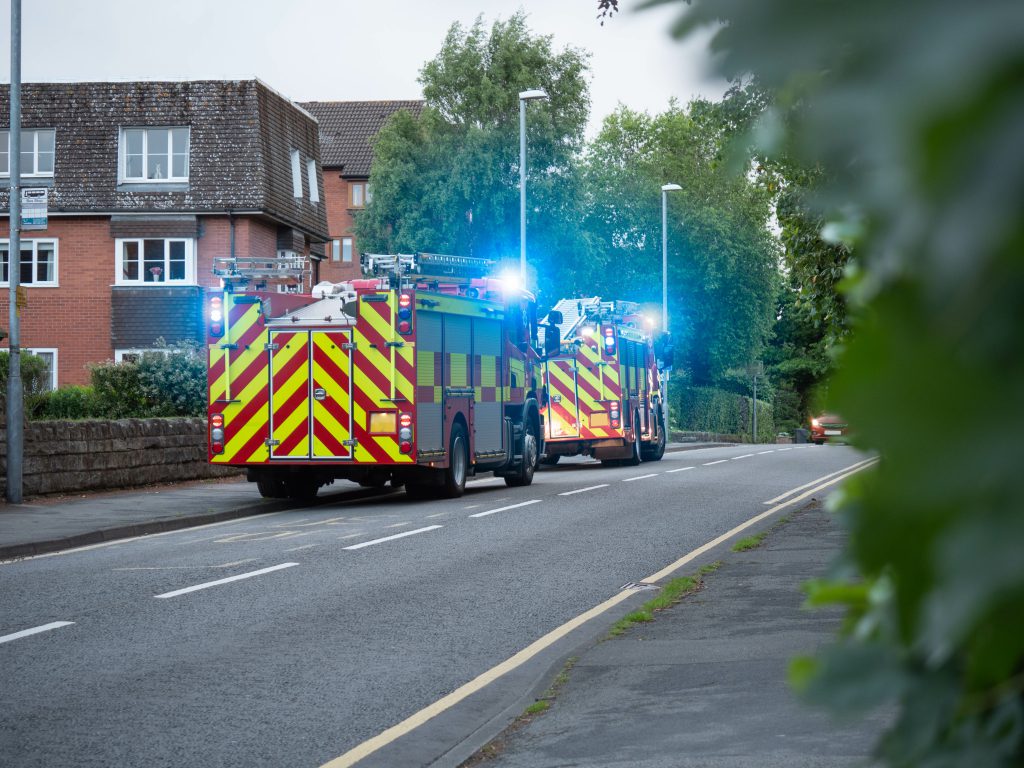
The Scottish Fire and Rescue Service (SFRS) have announced their new policy on Unwanted Fire Alarm Signals (UFAS) that came into effect at the start of this month.
The policy affects all calls to the fire control operators who will confirm a fire before the incident requires the fire service to be dispatched.
Scotland have a continuously high rate of false alarms attended by the Scottish Fire and Rescue Service, with over 57,000 unnecessary journeys a year. This is why the new policy adopts a ‘call challenge’ policy to reduce the number of false fire alarms attended by the service.
False fire alarms cause disruption in various ways, from impacting the time and resources of fire and rescue services, implicating people’s safety and harmfully impacting the environment. False alarms are also costly procedures, not only for the Fire Service but also businesses where the false alarm takes place.
These UFAS have many detrimental effects:
The new guidance on safe investigation of unwanted fire alarm signals aims to challenge calls to confirm fire or signs of fire in order to ensure resources and time are being used effectively. However, the SFRS will continue to attend calls received from automatic fire alarm systems and if the signal has been initiated by a manual call point (MCP), heat or smoke detector or sprinkler system, in premises in which people sleep. There will also be fire service attendance in non-sleeping risks if there is physical signs or technological indication of a real fire, such as the fire alarm signal triggered by a manual call point.
Although the policy will significantly reduce the number of false alarms attended by fire crews, there is still more to be done to decrease the vast number of unnecessary call outs.
Protective covers from STI help to reduce both malicious and accidental activations of manual call points, available in various sizes, mounting options and custom text available to suit all applications. The tough polycarbonate covers have been specifically designed to help deter false alarms and prevent vandalism of various devices. The range of Call Point Protectors are highly effective without restricting legitimate operation of the devices, meaning they are easily accessed in emergency situations.
For more information on the new policy, visit the FIA website here: https://www.fia.uk.com/news/guidance-on-safe-investigation-of-fire-alarm-signals-in-scotland.html?utm_source=Fire%20Industry%20Association&utm_medium=email&utm_campaign=14001136_June%202023%20MMU
Tweet Share